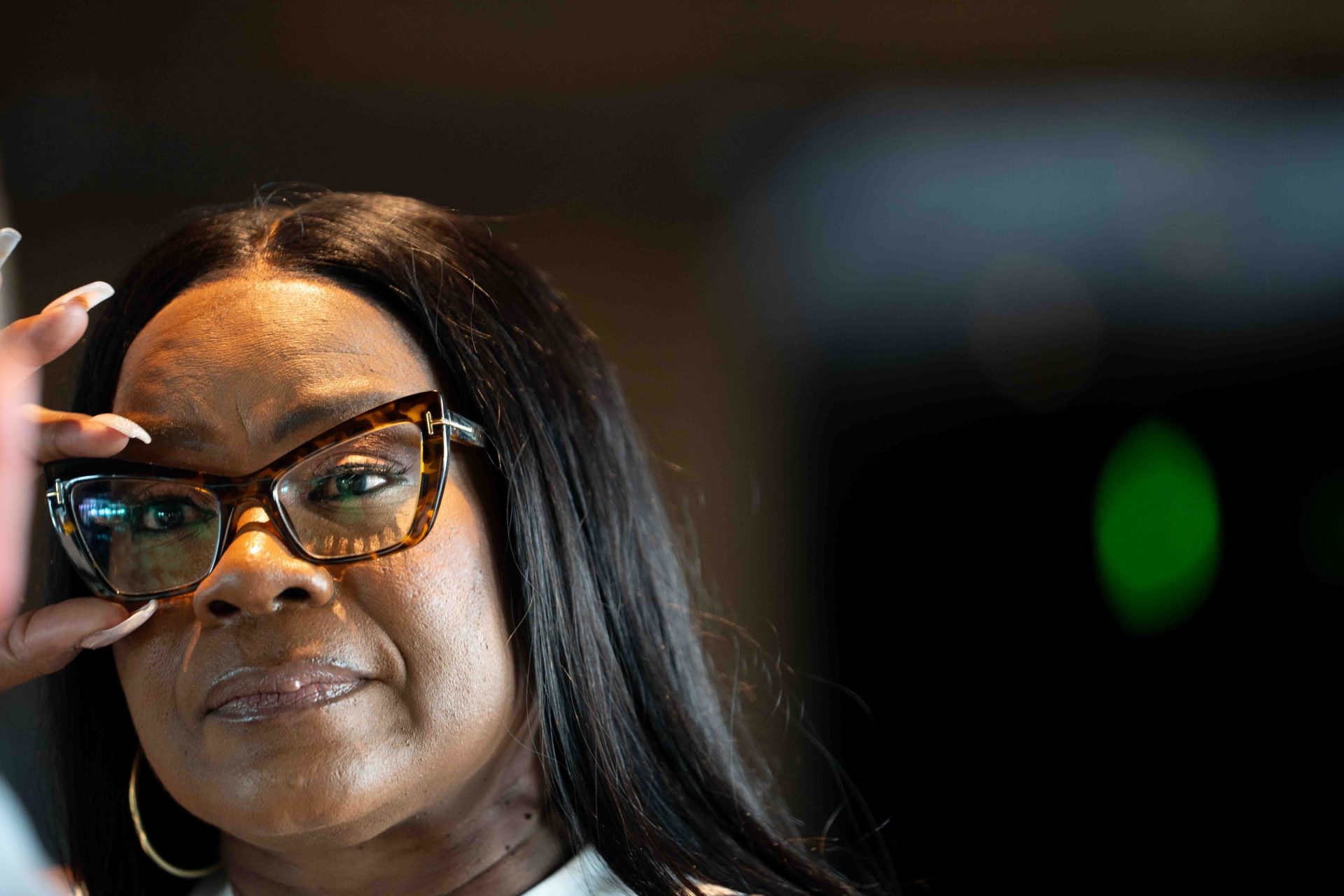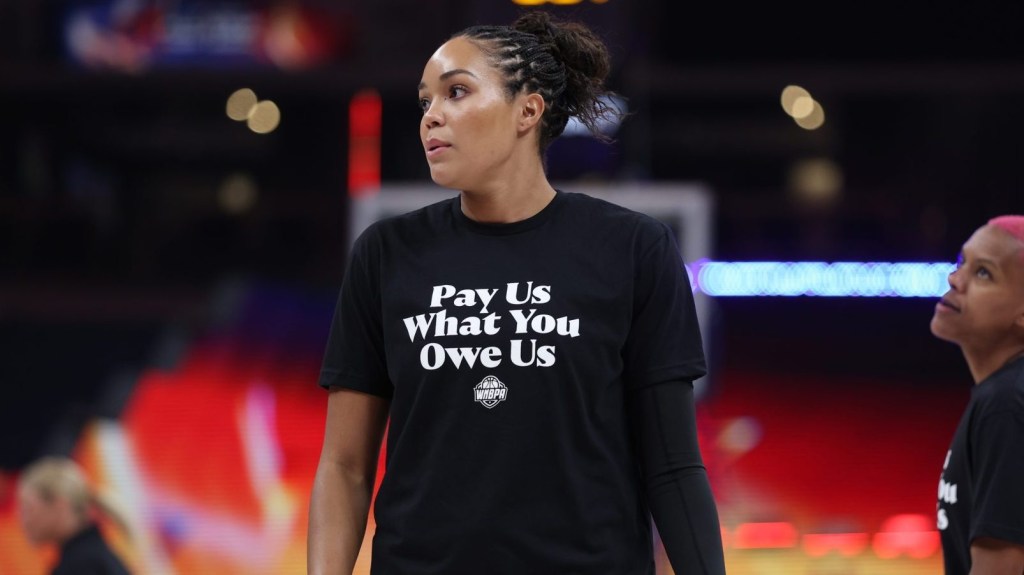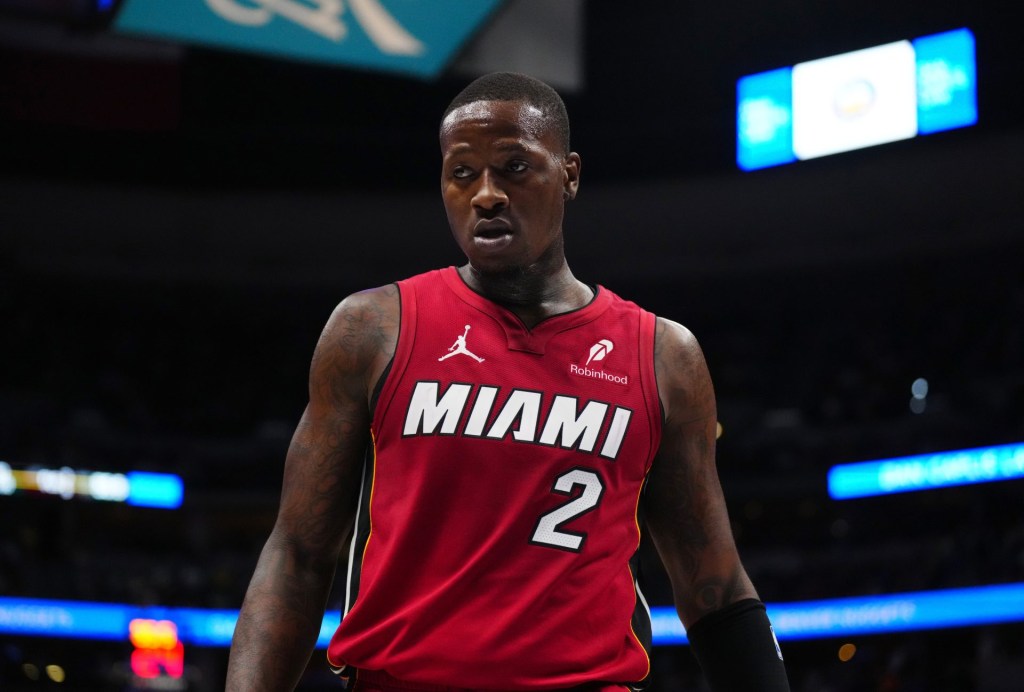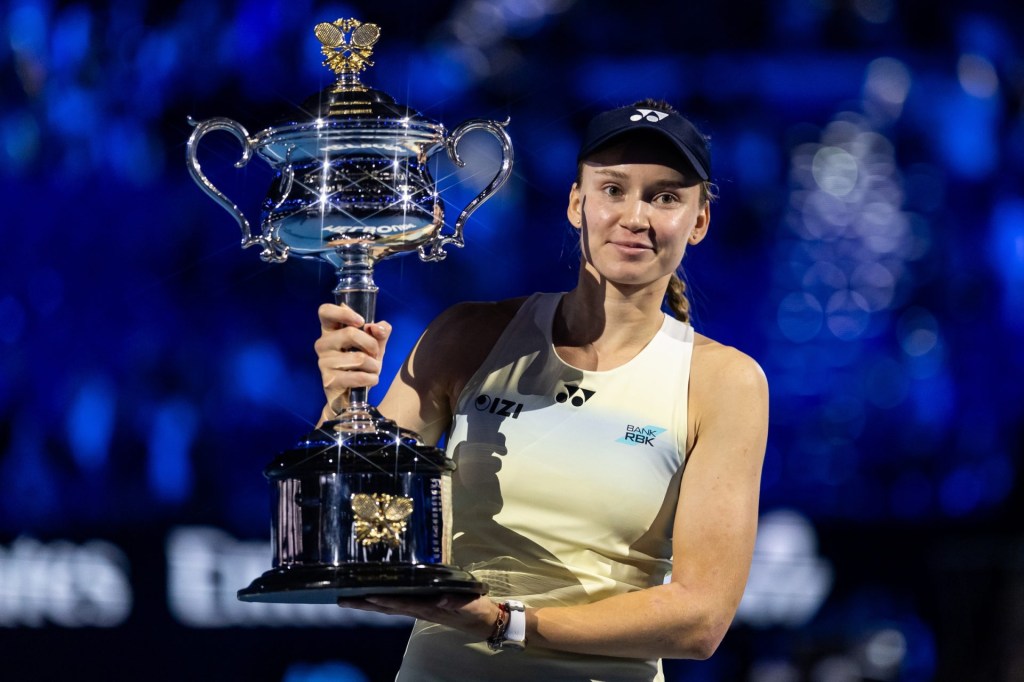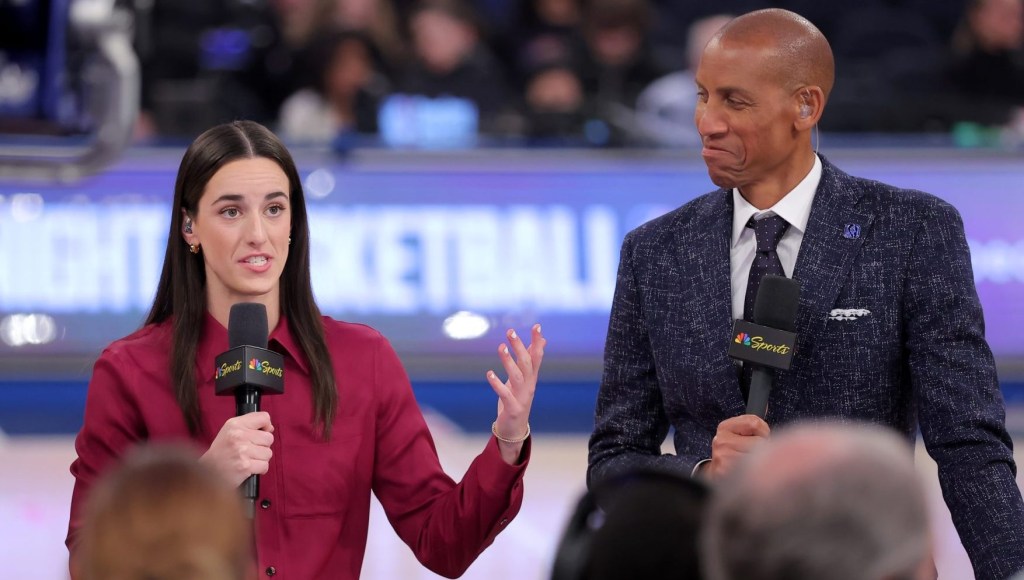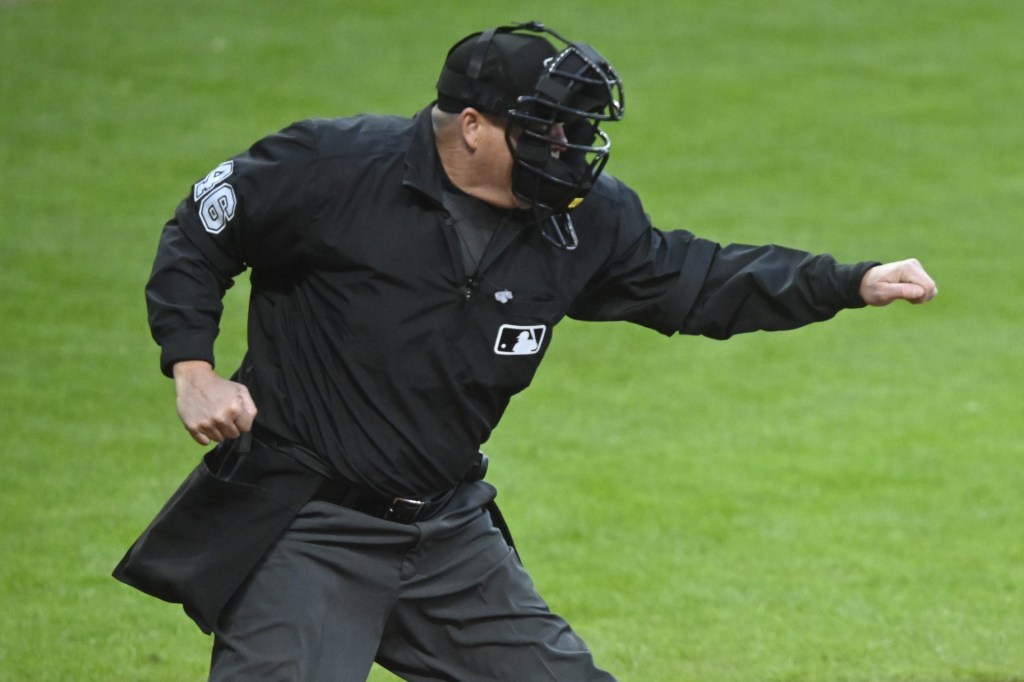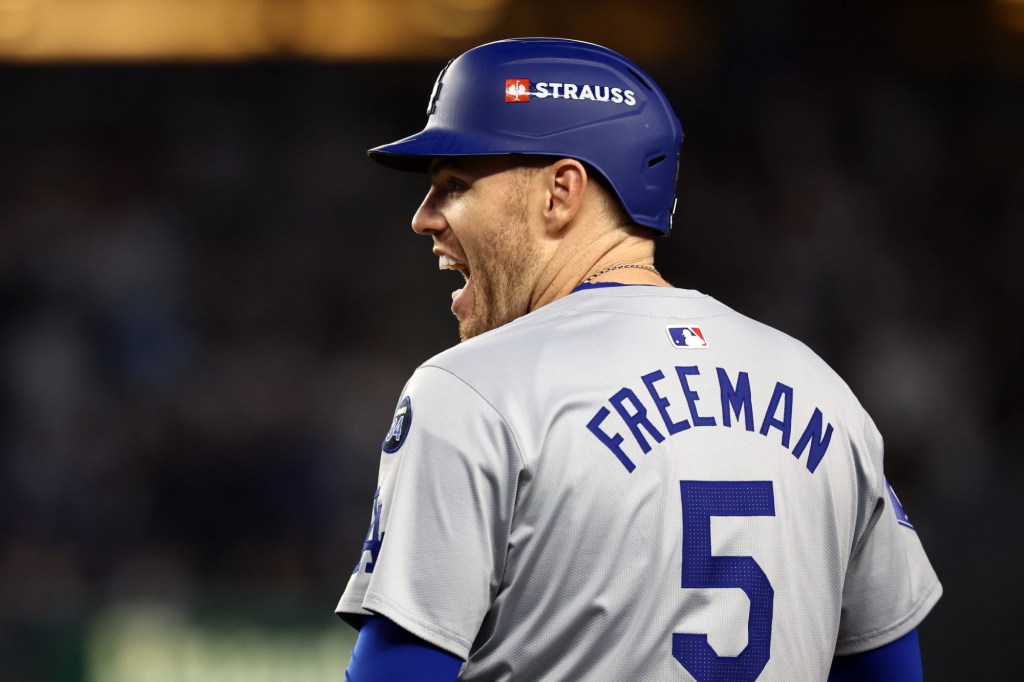Thirty years ago, Sheryl Swoopes and Nike made history with the first-ever women’s basketball signature shoe.
The Nike Air Swoopes—designed by Marni Gerber—launched in retail stores in October 1995. Last week, Nike released three-time MVP A’ja Wilson’s signature shoe, the A’One—the company’s first signature shoe for a Black woman since Swoopes’s last release in 2002.
“It’s crazy when I think about it, because when my shoe came out, Nike didn’t do a commercial,” Swoopes told Front Office Sports at the Breaking Barriers Summit in New York. “It was ‘here’s your shoe, great.’ And that’s how they promoted it. I bring that up because there is opportunity there for me to capitalize off of A’ja being only the second African American woman to have a signature shoe [at Nike since 2002] and me being the first. There is something there for us to work on together.”
Swoopes later clarified that Nike did produce a commercial for the Air Swoopes IV in 1998, three years after the shoe release, featuring a young Kyla Pratt. The experience, Swoopes said, was “awesome.” The rollout for Wilson’s shoe is where Swoopes sees an unprecedented shift from the brand.
Since Nike’s release of the Air Swoopes in 1995, the company has released signature women’s basketball shoes for nine other athletes, including Wilson. That number will increase to 10 when the brand releases Caitlin Clark’s shoe.
The timing of Clark’s signature shoe is still unclear.
Other Nike players with their own shoe to date include Jennifer Rizzotti, Cynthia Cooper, Lisa Leslie, Dawn Staley, Chamique Holdsclaw, Diana Taurasi, and Sabrina Ionescu.
Swoopes’s agent, Gina Paradiso, told FOS she has asked Nike repeatedly about re-releasing her original shoe, but no plans have been made. Nike did not directly answer questions about any plans it might have with Swoopes’s shoe, instead pointing to its “iconic archives of sneaker silhouettes” and saying that its designers prioritize “listening to the athlete.”
Wilson’s shoe sold out within minutes; a sneaker expert told FOS that the engineered scarcity was an indicator of Nike going all-out to hype the shoe. The campaign included two viral commercials, one of which was directed by Malia Obama.
The Aces dedicated an entire home preseason game on May 6 to “A’One Night,” with Wilson’s college coach Dawn Staley sitting courtside in an unreleased colorway of the shoe.
One of the biggest differences for the modern athlete, Swoopes said, is the opportunities afforded to them through social media.
“I try not to think about that,” Swoopes responded with a laugh when asked about the brand deals she would have had access to if she were playing today.
But even in retirement, Swoopes said she’s receiving brand pitches.
“For me being older, there’s been so many more opportunities that I’ve gotten that have come through social media and honestly word of mouth because of the platform I had playing basketball.”
Swoopes mentioned Wings guard Dijonai Carrington, who is well-known for playing with a full face of makeup. Carrington had been inundated with questions about her routine from fans and seized on the interest to partner with One Size Beauty.
But Swoopes acknowledged that not all aspects of social media have been positive for athletes in the WNBA. The key to getting paid, she said, is asking for what you want.
“Social media is one of those things that can be really good, but it also can be really bad,” Swoopes said. “If you’re not mentally and emotionally strong [enough] to deal with the hate and the things that come your way, it’s not a good place for you. But when I see money that these athletes are making today through social media, I am blown away.”
